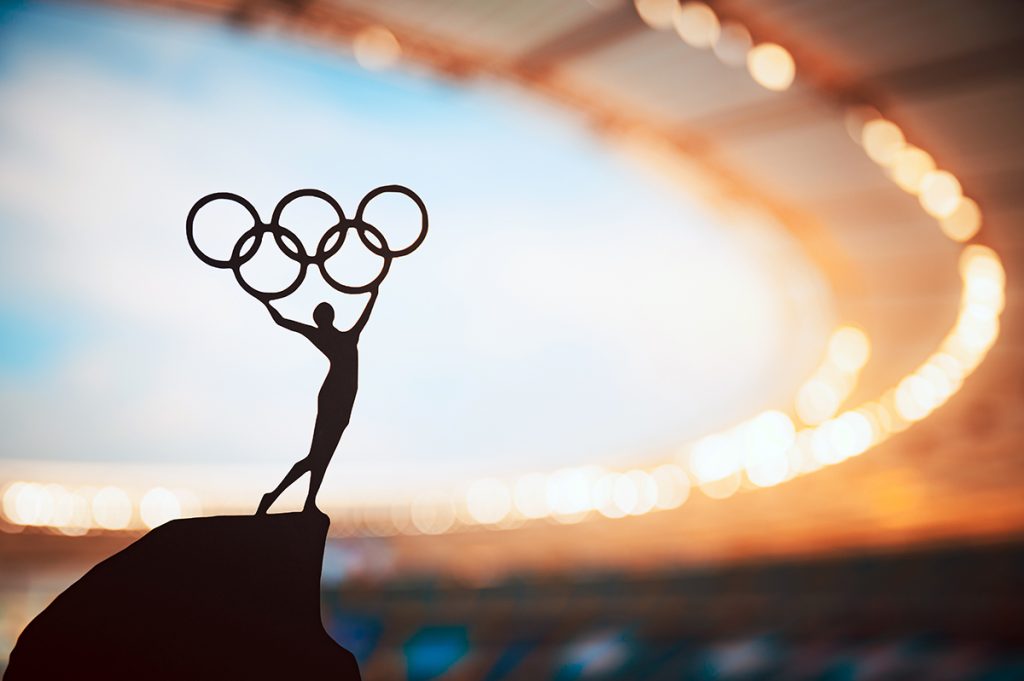France witnessed a convergence of protests on May Day, as traditional labor rights marches intertwined with pro-Palestinian demonstrations and anti-Olympics sentiment. The streets of Paris echoed with demands for wage hikes, calls to end the bloodshed in Gaza and Ukraine, and protests against the upcoming Paris Olympics.
Despite a slight easing of French anger since last year’s controversial retirement age change, discontent still simmers among workers, students, and various groups. Concerns loom over potential disruptions to the Paris Olympics, with protests indicating persistent societal tensions.
Anti-Olympics sentiment stems from beliefs that the Games prioritize political and financial interests over local welfare. Evictions of migrants and residents, coupled with concerns about gentrification, fuel opposition to the event. Some protesters even burned the Olympics rings, symbolizing their rejection of what they perceive as detrimental to Parisians.
Efforts to stave off labor strikes during the Olympics include offering bonuses and incentives to eligible government staff. However, grievances extend beyond labor issues, encompassing demands for higher wages and expressions of solidarity with global conflicts.
Negotiations between French authorities and various unions, including police, rail workers, and air traffic controllers, aim to prevent potential disruptions during the Games. However, strikes have already affected sectors crucial to Olympic preparations, such as the production of Olympic medals.
Student protests over Israel’s actions in Gaza further contribute to the unrest, with demonstrations at universities and calls to restrict Israeli participation in the Olympics. These protests reflect broader international tensions and domestic discontent.
While this year’s May Day protests did not paralyze France as in previous years, organizers remain apprehensive about potential escalation over the summer. City officials assure measures to avert summer dysfunction and address underlying social issues, emphasizing the importance of ensuring a smooth Olympic experience.
The head of the Paris 2024 organizing committee expresses hope for a domestic truce during the Games, urging a focus on sports over politics. However, the delicate balance between showcasing France’s cultural richness and managing societal discontent poses a significant challenge as the world’s gaze turns to Paris for the Olympics.


